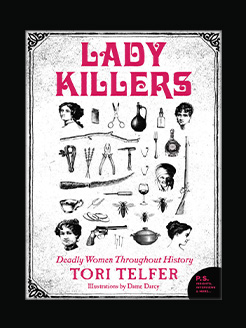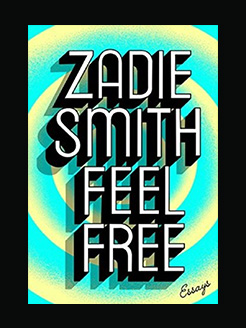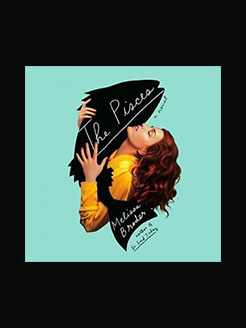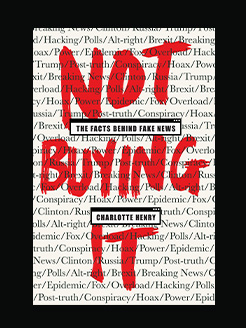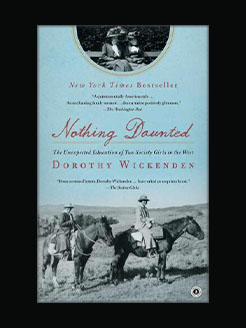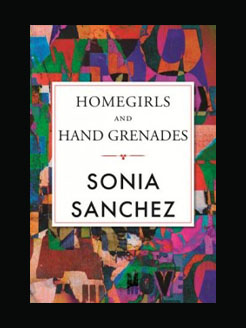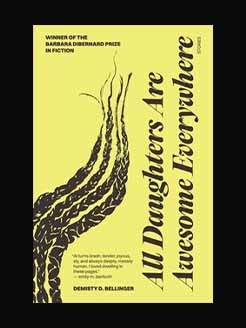Published in 2014
328 pages
A revolutionary woman for her time and an enormously creative writer, Emily Hahn broke all of the rules of the 1920s, including by traveling the country dressed as a boy, working for the Red Cross in Belgium, being the concubine to a Shanghai poet, using opium, and having a child out of wedlock. Hahn kept on fighting against the stereotype of female docility that characterized the Victorian era and was an advocate for the environment until her death at age ninety-two.
Emily Hahn (1905–1997) was the author of fifty-two books, as well as one hundred eighty-one articles and short stories for the New Yorker from 1929 to 1996. She was a staff writer for the magazine for forty-seven years. She wrote novels, short stories, personal essays, reportage, poetry, history and biography, natural history and zoology, cookbooks, humor, travel, children’s books, and four autobiographical narratives: China to Me (1944), a literary exploration of her trip to China; Hong Kong Holiday (1946); England to Me (1949); and Kissing Cousins (1958).
The fifth of six children, she was born in St. Louis, Missouri, and later became the first woman to earn a degree in mining engineering at the University of Wisconsin. She did graduate work at both Columbia and Oxford before leaving for Shanghai. She lived in China for eight years. Her wartime affair with Charles Boxer, Britain’s chief spy in pre–World War II Hong Kong, evolved into a loving and unconventional marriage that lasted fifty-two years and produced two daughters. Emily Hahn’s final published piece in the New Yorker appeared in 1996, shortly before her death.
What is this book about?
A woman who lived life on her own terms, Hahn was an unknown and struggling writer when Congo Solo was published. Here – restored to the form she had intended – is Hahn’s unforgettable narrative, a vivid, provocative, and at times disturbing first-hand account of the racism, brutality, sexism, and exploitation that were everyday life realities under Belgium’s iron-fisted colonial rule. Until now, the few copies of Congo Solo in circulation were the adulterated version, which the author altered after pressure from her publisher and threats of litigation from the main character’s family. This edition makes available a lost treasure of women’s travel writing that shocks and impresses, while shedding valuable light on the gender and race politics of the period.
